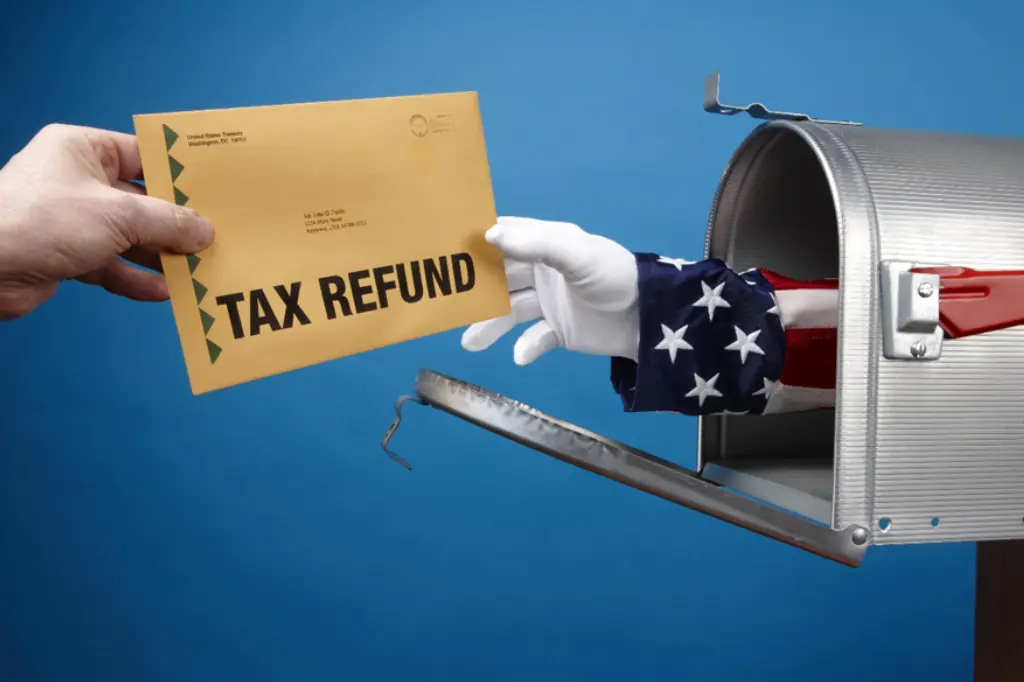
Time’s a-Tickin’: Claim Your Share of $1.5 Billion in 2019 Tax Refunds by July 17
Heads up, folks! The IRS just announced that nearly 1.5 million people across the country have unclaimed refunds for the tax year 2019. That’s right – there’s a whopping $1.5 billion just sitting there waiting for you to claim it. You’ve got until July 17 to submit your tax return and grab your piece of the pie.
Remember 2019? You know, that year before the world went topsy-turvy? The pandemic messed with a lot of things, including our taxes. Many people might’ve forgotten or overlooked their 2019 refunds. Don’t worry, though – Uncle Sam’s here to help you get back on track.
You usually have three years to file and claim your tax refunds. But thanks to the pandemic, you’ve got extra time to file for 2019. Usually, the deadline to claim old refunds is around April (April 18 this year for 2022 tax returns). But the three-year window for 2019 unfiled returns was extended to July 17, 2023.
IRS Commissioner Danny Werfel says that the pandemic created “extremely unusual situations.” Students, part-timers, and others with little income might’ve missed out on filing a tax return and claiming their refunds. Werfel encourages everyone to “review their records and start gathering records now, so they don’t run the risk of missing the July deadline.”
Don’t just think about the refund of taxes withheld or paid during 2019. Low- and moderate-income workers may be eligible for the Earned Income Tax Credit (EITC). For 2019, the credit was worth as much as $6,557. The EITC helps individuals and families whose incomes were below certain thresholds in 2019.
Now, if you’re seeking a 2019 tax refund, keep in mind that your check may be held if you haven’t filed tax returns for 2020 and 2021. Plus, the refund could be applied to any outstanding amounts owed to the IRS or a state tax agency, or used to offset unpaid child support or past due federal debts like student loans.
Need to file a 2019 tax return? No worries! You can request copies of key documents like Forms W-2, 1098, 1099, or 5498 from your employer, bank, or other payers. If that doesn’t work, try the Get Transcript Online tool at IRS.gov or file Form 4506-T with the IRS to request a “wage and income transcript.” Just remember to start early and beat that July deadline.
The IRS even provided a state-by-state breakdown of how many people may be entitled to a tax refund. So, don’t let your share of that $1.5 billion slip away!
***Disclaimer: This communication is not intended as tax advice, and no tax accountant -client relationship results**
